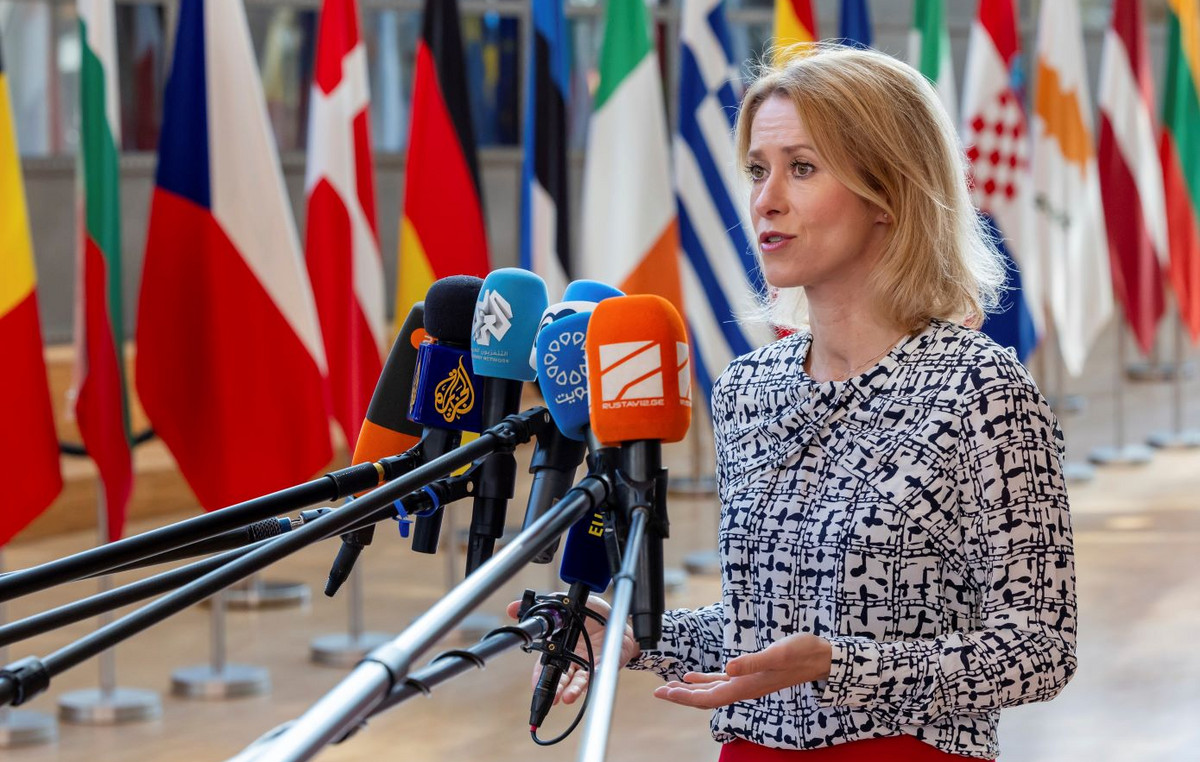Chinese officials have urged people to stock up on food and everyday essentials due to a possible supply threat due to unfavorable weather, power shortages and restrictions against Covid-19.
The country’s Ministry of Commerce has issued a notice with instructions to local governments to encourage people to stock up on “basic necessities,” including vegetables, oils and poultry.
The agency also called on authorities to ensure that families have an “adequate supply” of essentials for the winter and next spring. To that end, local officials must keep prices stable, something that has sparked anxiety in recent weeks as the cost of vegetables has soared across China due to exceptionally heavy rains that have hurt crops.
China has emphasized the importance of increasing the availability of food and other daily supplies in the past. The statements, however, are aimed at local authorities and rarely catch the attention of ordinary people. This time, the inclusion of language that mentions families seems to send another message about the future scenario.
After the alert, users went to Chinese social networks to speculate about the situation. “The government didn’t tell us to store goods even when Covid crashed in early 2020,” wrote a Weibo user in response to the news.
Another said authorities were reminding people that “they might not be able to buy vegetables this winter.”
The reaction was so strong that some members of the Chinese state media tried to contain their concerns. Hu Xijin, editor of Global Times, a state tabloid, rejected suggestions that the ad could be related to rising tensions between China and Taiwan.
The also state-run Economic Daily said authorities were trying to remind families to prepare in case of “temporary blockades” caused by Covid-19.
CCTV said part of the ad was exaggerated. The vehicle published an interview with Zhu Xiaoliang, an official at the Ministry of Commerce, who calmed the population and said that “the daily supplies for the people are sufficient and can be fully guaranteed”.
Restrictions
China maintains the “zero Covid” policy, which seeks to eliminate all cases of the disease from its territory. It is noteworthy that neighboring countries have changed their strategy and are seeking to learn to live with the virus.
To maintain this strategy, China has implemented restrictions to eradicate the outbreaks, such as the order to quarantine some passengers and change the traffic light to red to discourage traffic in a region where a case of the disease has been registered.
Over the weekend, a confirmed case of coronavirus put Shanghai Disneyland into lockdown.
National efforts to contain coronavirus cases may be contributing in part to the rising cost of food, according to Wang Hongcun, an official at the Beijing Municipal Commerce Department.
Wang added that prices for some vegetables in the nation’s capital rose by 50% or more in October.
weather effects
There are other factors that contribute to the price increase. Widespread coal shortages have made agriculture more expensive, increasing the cost of heating and energy. In addition, the weather damaged crops in the main agricultural provinces.
The Ministry of Commerce asked local authorities to prepare for winter by signing long-term contracts with suppliers of agricultural products, as well as buying vegetables that can be stored.
In addition, the Chinese government’s “action plan” encourages people not to order more food than they need and to report restaurants that are wasting food.
In April, China passed a law that allows restaurants to charge an additional fee to customers who leave “excessive” leftovers on their plates. Fines can reach up to 100,000 yuan (approximately R$13,000).
(Translated text. Read the original here)
Reference: CNN Brasil
I am Sophia william, author of World Stock Market. I have a degree in journalism from the University of Missouri and I have worked as a reporter for several news websites. I have a passion for writing and informing people about the latest news and events happening in the world. I strive to be accurate and unbiased in my reporting, and I hope to provide readers with valuable information that they can use to make informed decisions.







